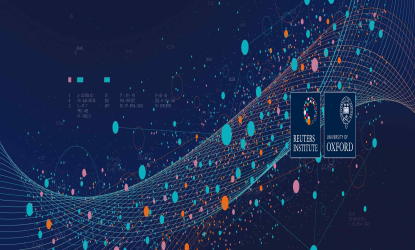I took a journey back in time this week in El Triunfo, an old mining town in Baja California Sur. Imagine a town called the Triumph and you get the idea of how important marketing was for the funding of the mining industry.
The first mine was established in the late 1700s, with ownership eventually transferred to the Spanish Crown in the early 1800s. But the huge boom occurred in the 1860s, when miners came from California after the Gold Rush.
The mine was taken over by the El Progreso Mining Company in 1878, a British concern that raised money for a more sophisticated exploration effort through bond offerings in France, the UK and U.S. The processing facility boasted a 47-meter-high smokestack called La Ramona. Ten thousand workers came to the boomtown, from China, France and the U.S. There is even a Chinese cemetery.
El Triunfo became the largest town in Baja California Sur for the fifty years 1870-1920. It has a large performing arts center that has been transformed into a Museum of Music, containing pianos from old homes in the area, including one from 1858. It was the first town in the province to have electricity and telephones.
But the American decision to go onto a singular metallic reserve, gold, in the mid-1890s was the beginning of the end of the mine. The price of silver plummeted, and the mine became uneconomic. Workers ebbed away and the mine closed for good in 1920.
Now Christy Walton, part of the legendary family who founded Walmart, is trying to resuscitate the town. She has funded the Museum of the Cowboy, which explains the 500-year heritage of cattle ranching in Baja California, plus the Museo Ruta de Plata on the history of the mine.
This is truly a Wild West scene, straight from a John Wayne and Anthony Quinn movie. There are cobblestone streets, sagebrush rolling around, and large mansions now converted into boutique hotels. It is a relic of another era, a sign that capitalism has been here and gone and may yet return.
*PS, this is my final blog of 2024. It was a year of highs and lows. On the good side, I celebrated my 70th birthday with my family and closest friends. Edelman won its first Titanium and three gold Lions at Cannes. On the low side, it was a challenging year for the firm. I am reminded of the Kipling quote that sits above the player’s entrance at Wimbledon. “If you can meet with Triumph and Disaster and treat those two imposters just the same.” I am fired up for 2025.
Richard Edelman is CEO.













